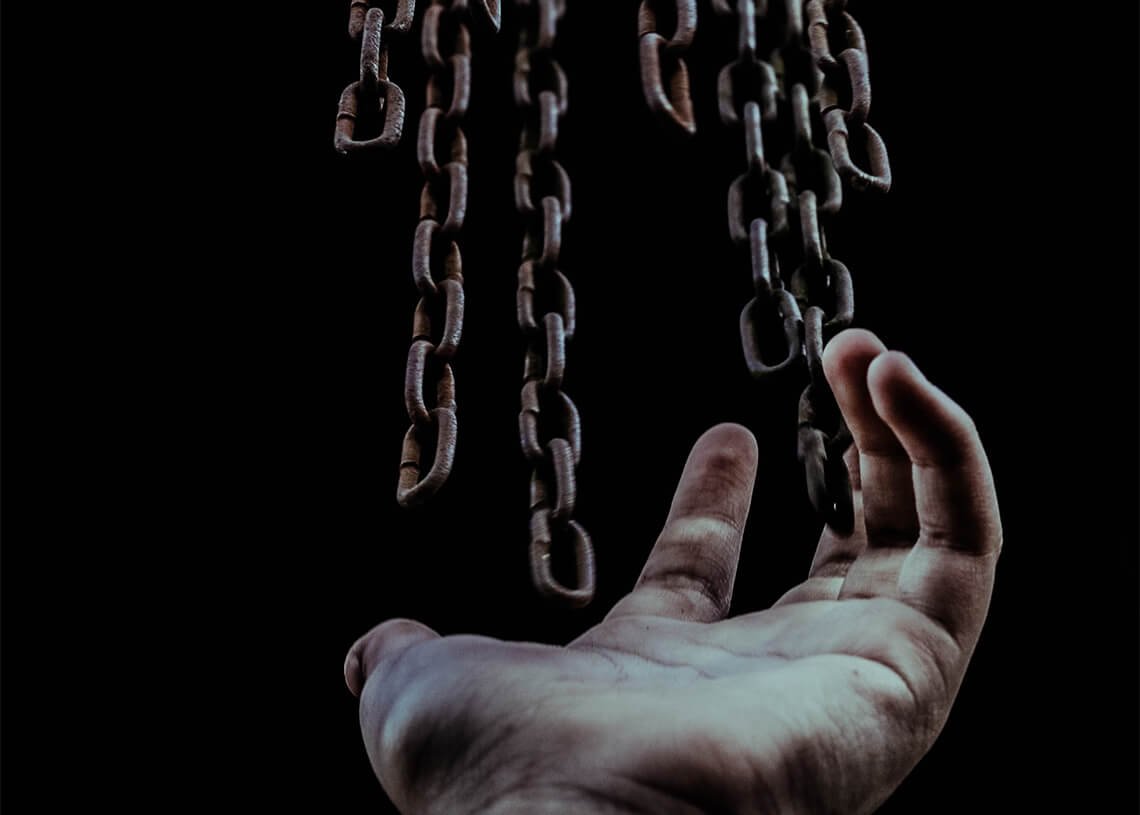- Coda rewards the community for testing their protocol
- Rewards are part of the existing Genesis founders program
- Coda is a lightweight blockchain protocol based on the zero-knowledge proof
O1Labs, developer of Coda protocol has announced that their Testnet is moving in the next test phase just a year after it was launched. Taking part in uncovering vulnerabilities in the blockchain may net you a one percent slice of the overall coda token supply when Coda’s Mainnet launches.
As the expansion of their Genesis Founders program continues, Coda rewards will be shared among users that take part in the adversarial network inside the Testnet. By joining this vulnerability testing program, new users will qualify for existing Genesis Grants.
Coda rewards early adopters
O1Labs has set aside 66,000 tokens that will be shared among 1,000 community members as Genesis Grants for helping test and develop Coda. These tokens are 6.6 percent of the future supply.
To receive these tokens, Genesis founding members will have to act as the block producers on the Mainnet by staking or delegating them. Tokens that are to be distributed this way will be subject to a four-year vesting period from the moment of launching the Mainnet.
On the first anniversary of the testing network, O1Labs have announced that their community has grown to become one of the largest among non-ICOed protocols.
With a firm belief that a blockchain can be strong only as its community, Coda rewards are intended to attract members that will strengthen it through discovering potential vulnerabilities and attack vectors. Once the Mainnet launches, this community of founding members will serve as a backbone of blockchain that is decentralized from the start.
What is Coda?
Coda is designed to be a lightweight blockchain protocol. Built around zero-knowledge (zk) SNARK-proof technology, it promises a blockchain of just 22 kilobytes. This is extremely lightweight compared to, for example, Bitcoin which has blocks of 1 megabyte.
With such a minuscule size, Coda should be lightweight enough to be run on cellphones. This is achieved by using recursive zk-SNARK proofs, which uses signatures generated from hash functions of previous blocks to verify the integrity of the blockchain.
Such techniques have very low data storage requirements from the network nodes, but also allow speeds of over 100 transactions per second.





